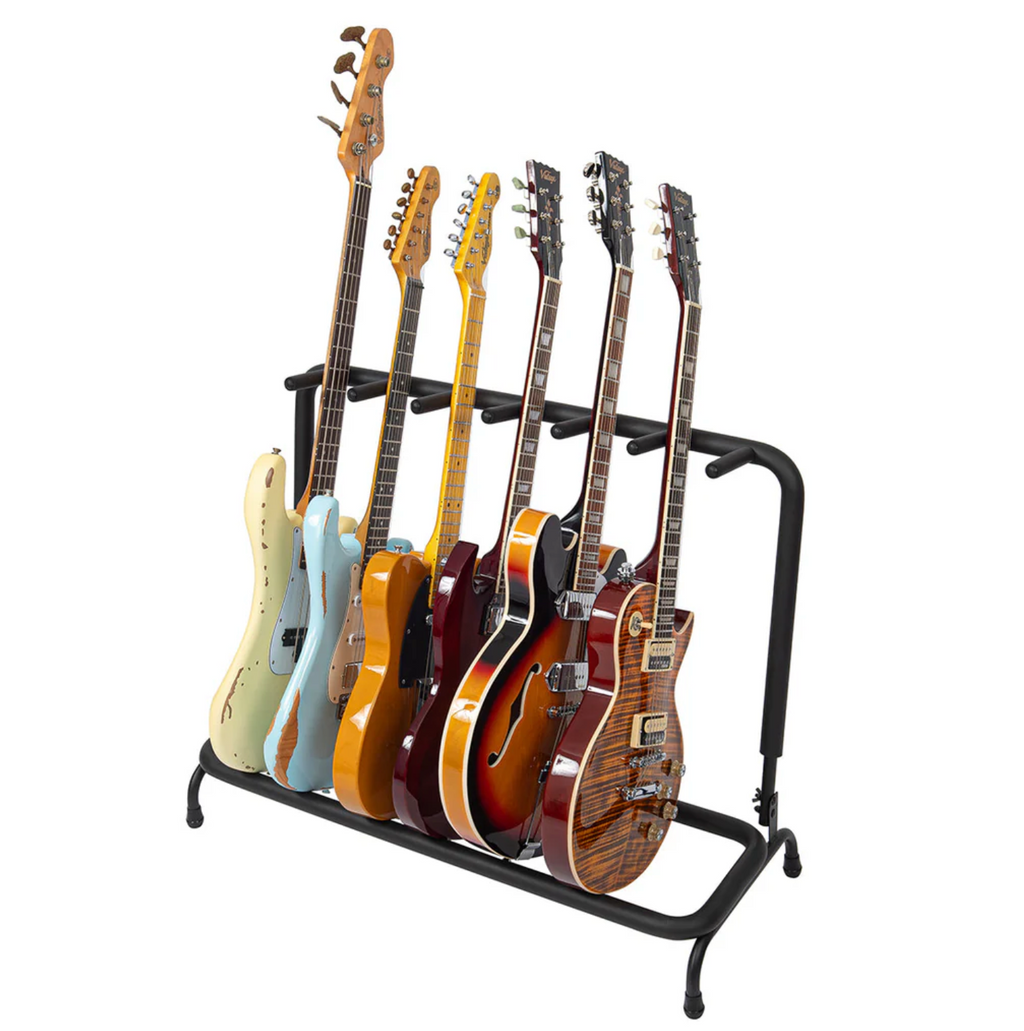A Straightforward Guide to Selling a Guitar Collection

There comes a point where collections change hands. Sometimes it’s planned, sometimes it isn’t. Maybe you’re reducing the number of guitars you own, maybe a collection has been inherited, or maybe life has simply moved on a little. Whatever the reason, selling one guitar is simple enough — selling several becomes something entirely different.
This guide is here to help you understand the routes available. And importantly: what kind of return and what kind of experience each route really gives you. No romanticism, no sales pitch, just clarity from someone who has been doing this for years.
The First Thing You Need to Know
There’s a balance between price, speed, and effort.
-
If you want maximum value, it will take time and work.
-
If you want things to happen quickly, you will not get full market value.
It’s the same principle as selling a car.
Sell it to the dealership and you get convenience.
Sell it privately and you get a better price — but you’ll have to earn it.
Keep that in mind as we go through the different approaches.
Selling to a Dealer (Outright Purchase)
This is by far the quickest and simplest route. No hassle, no listing, no shipping, no “is this still available?”, no scammers, no stress.
But the trade-off is this:
A dealer cannot pay what a private buyer will pay. They have to absorb the risk, the setup work, the customer service, the returns, the advertising, VAT, and still make a margin.
Expect 20–40% below top private sale values depending on the instrument.
If your priority is “I want this handled cleanly, safely, and quickly” — then selling directly to a dealer is absolutely the correct route.
Yes — I do buy guitars and complete collections.
If you want to talk through yours, just contact me via Coffee House Guitars.

Commission Sale (Consignment)
This is a middle ground: you still achieve closer to market value, but the dealer handles the work.
They will:
-
Inspect and set the guitar up properly
-
Photograph it well
-
Advertise it to the right audience
-
Handle every question and negotiation
-
Ship it and support the buyer afterward
And for that, the dealer takes a percentage.
Here is the part most articles avoid:
If the dealer goes bust after your guitar sells, but before you have been paid, you are simply an unsecured creditor.
You can lose the lot. Even when things go well it can typically take a month to get paid.
Most people don’t think about this — until it happens.
Commission selling works brilliantly if you trust the dealer and they are financially solid. It’s not something to enter into casually. Always do your due dilligence on the company first!
Selling Privately (Reverb / eBay / Marketplace / Forums)
This is where you can achieve closer to full market value, but only if you’re prepared to put time into:
-
Cleaning and preparing each guitar
-
Photographing every angle
-
Writing accurate descriptions
-
Responding to constant messages
-
Dealing with negotiation
-
Packing safely
-
Handling returns
-
Watching for scams
And here’s a critical point:
Asking Prices Online Mean Nothing
Reverb and eBay are full of guitars listed at wildly optimistic prices that have been sitting there for months or years.
People google their guitar, see one listed at £5,000, and immediately assume theirs is worth £5,000 too — without noticing:
-
The condition differences
-
The fact the high-priced one hasn’t sold in months
-
The actually sold examples sitting at £3,200–£3,600
Value comes from what people have actually paid, not the dream numbers in unsold listings.
Condition Matters (A Lot More Than People Think)
If you’ve seen a mint, case-queen example sell for £5,000, that has no bearing on what a gigged, chipped, customised, fret-worn, buckle-rash version will fetch.
Let’s use an analogy:
If a main dealer is asking £12,000 for a car:
-
They’ve serviced it
-
Put new tyres on
-
Repaired scratches
-
Valeted it
-
And must provide a warranty
Your private-sale example with:
-
Worn tyres
-
A dent on the bumper
-
No warranty at all
…will never achieve the same price.
Guitars are no different.
Auction Houses
Auction houses seem like the “easy” option, but there are realities to consider:
-
It may take months to get your guitars into the right auction cycle
-
Seller fees are typically 15–20%
-
Buyer premiums are often 20% or more, which reduces bidding enthusiasm
-
Final hammer prices can swing dramatically
-
Payment usually takes weeks after the sale
Auctions are best for:
-
Rare pieces
-
Historically notable instruments
-
Estates where simplicity > maximum return
If You Want to Clear a Whole Collection Quickly
This is the lowest return, because the buyer must cover:
-
Setup work
-
Repairs
-
Storage time
-
Slow sellers
-
Large capital tied up (sometimes for months)
But if your main priority is:
-
Speed
-
Simplicity
-
One transaction
Then it is sometimes the right and most stress-free choice.
So Which Is the Best Route?
It depends on what matters most to you:
-
If you want zero hassle → sell to a dealer.
-
If you want top value → sell individually (or via trusted commission).
-
If you want balance → commission is usually the sweet spot.
-
If you want everything gone now & cash in your bank → whole-collection purchase is correct.
What you’re really choosing is the balance between time and money.
If You’d Like Some Guidance (No Pressure, No Obligation)
I’m always happy to:
-
Value individual guitars or entire collections
-
Explain which sale route suits your situation best
-
Buy guitars outright
Just drop me a message via Coffee House Guitars.
Selling a guitar collection doesn’t have to be complicated —
it just needs to be understood before you start.










